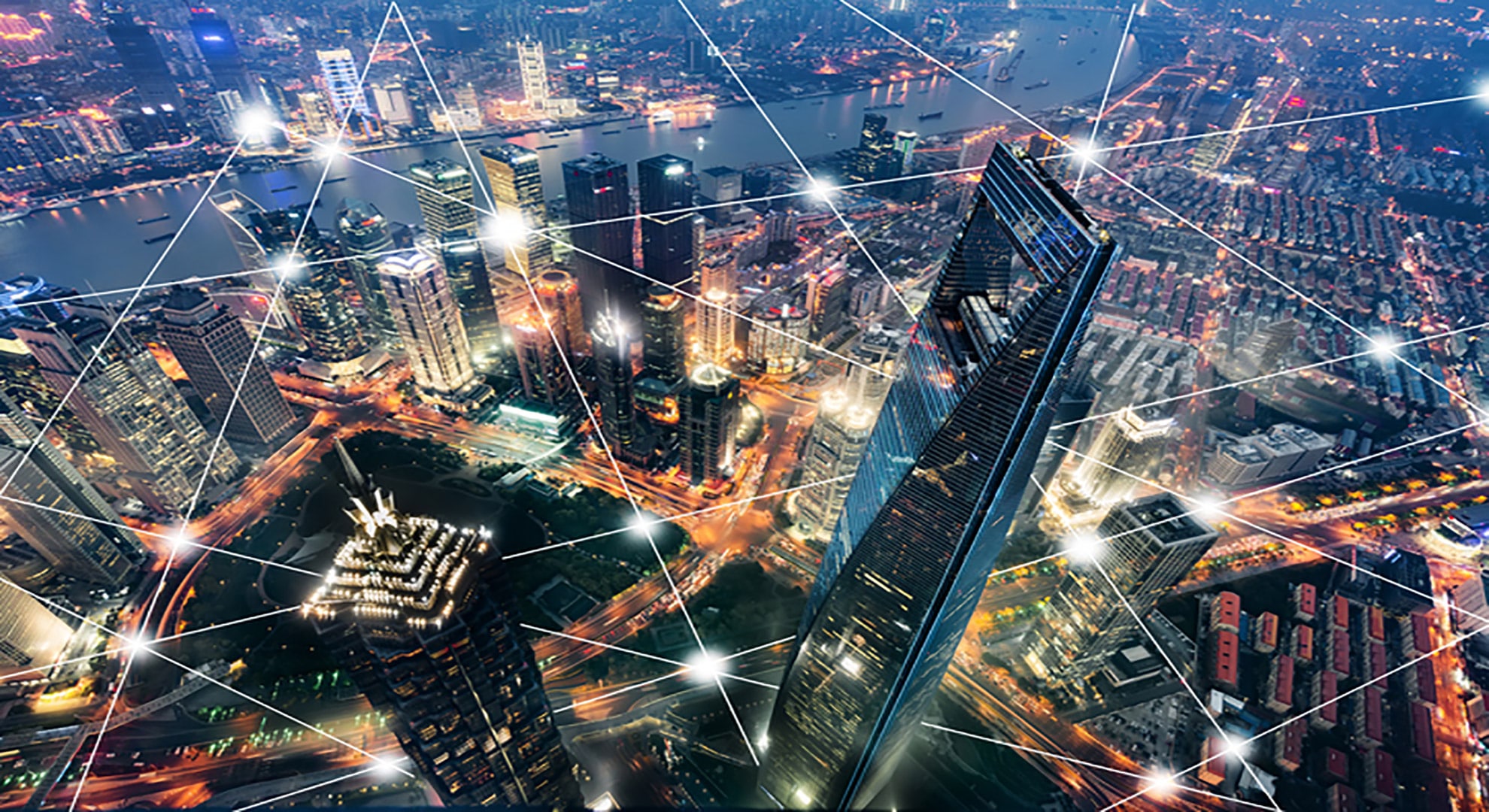
30 Dec The key role of 5G in smart city energy management
The concept of the smart city has been occupying the minds of public managers and authorities for years. In the near future the way we will occupy and use the spaces will be greatly modified with respect to our current ideas and methodologies. Technology, in direct interaction with buildings, infrastructures, transport and management centers, will make interconnected cities possible.
This in turn will allow our public spaces to be more energy efficient and sustainable. How? Thanks to the permanent flow of big data to manage key aspects such as traffic, crime or resource consumption in real time, for example. The 5G network will play an important role in providing administrations with the necessary tools with which to face these and other challenges related to the model of the city of tomorrow.
5G as an ally to face a scenario of limited resources
The general public is attracted by very “eye-catching” innovations linked to the smart city concept: autonomous driving, intelligent roads, implementation of artificial intelligence in homes or the use of 5G to enjoy higher quality audiovisual leisure. However, public managers know that the real touchstone of the future lies in environmental sustainability and vital resources, so they focus the use of technology in that direction.
To have a tight control of energy consumption at all times, to efficiently manage water –which is already quoted as a scarce resource– as a strategic resource, to make the most of renewable energies, to reduce the impact of our ecological footprint in a context of global warming, etc. These are the real priorities.
The projections made by the United Nations in its World Population Prospects are illustrative: by 2025 there will be one billion more people on the planet. In 2050 the population will reach 9.6 billion. Many of the raw materials and resources that must come with this development are limited, so we must plan for the long haul.
A 5G network for efficient energy management
Smart cities must think in terms of habitability, space management and maximum use of technology. For the sake of comfort and productivity, of course, but also thinking about covering basic needs and making the most of resources without destroying the planet in the process.
Thanks to 5G technology, buildings equipped with artificial intelligence, connected to each other and built with smart materials, will be able to heat and cool themselves, communicate their status to those responsible for energy management in the city and optimize the living conditions inside. Similarly, it will be possible to adjust the demand for electricity and public lighting, gas and water at “peak” times, optimizing consumption practically neighborhood by neighborhood in real time.
Also the generation of waste, the recycling of garbage and the management of the complete cycle of our waste must be part of the public strategies of habitability in the smart cities. The intelligent selection of waste for recycling at source, the automation and optimization of the collection process or the implementation of technology in waste-processing centers will also be some of the improvements that 5G will enable in the energy management of our cities.
As an independent operator, lyntia is aware of the importance of a good 5G network in this scenario. And that is why we provide private companies and the public sector with the best possible technological infrastructure to achieve the levels of excellence in terms of connectivity, bandwidth, low downtime and security that smart cities will demand in the short, medium and long term.

